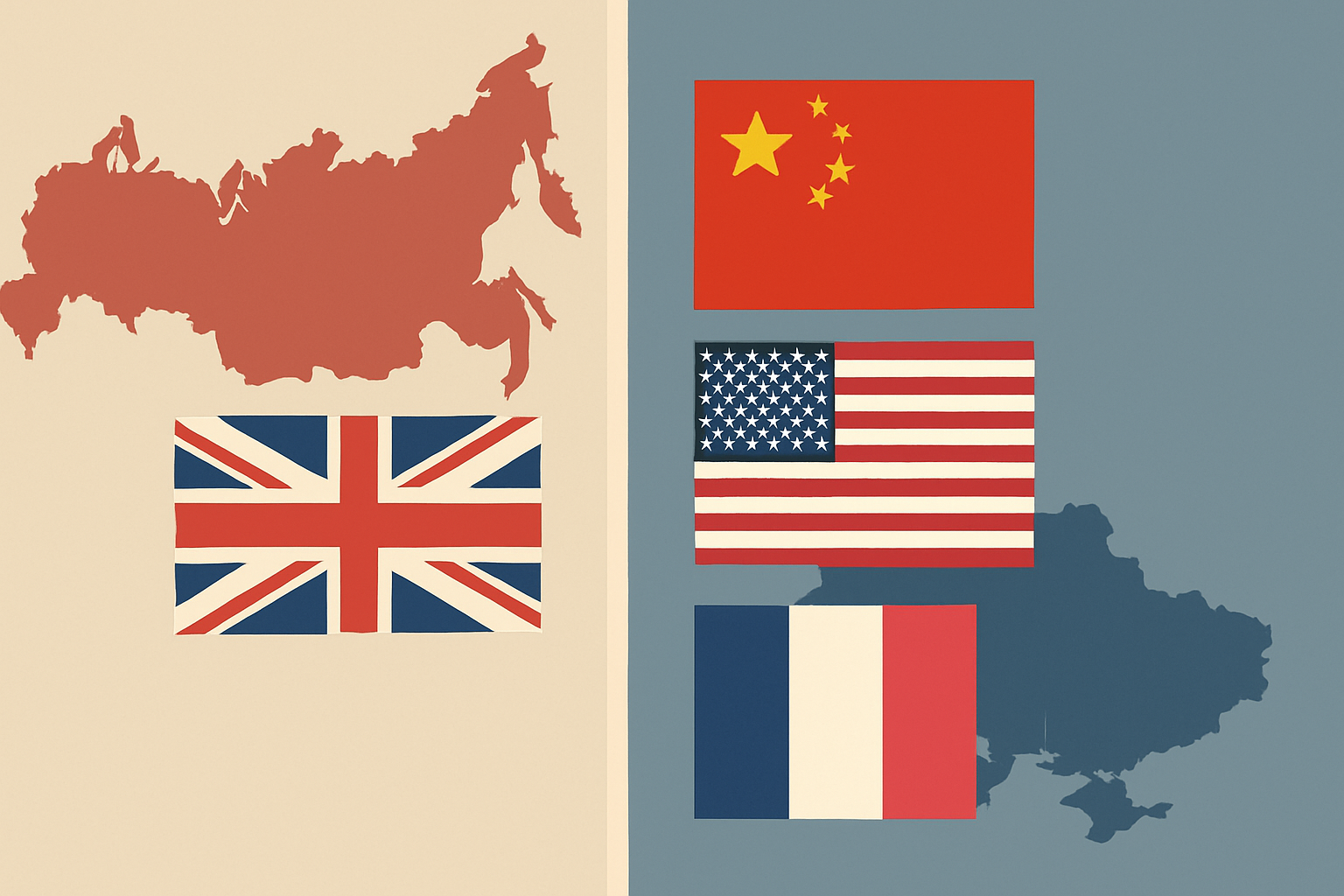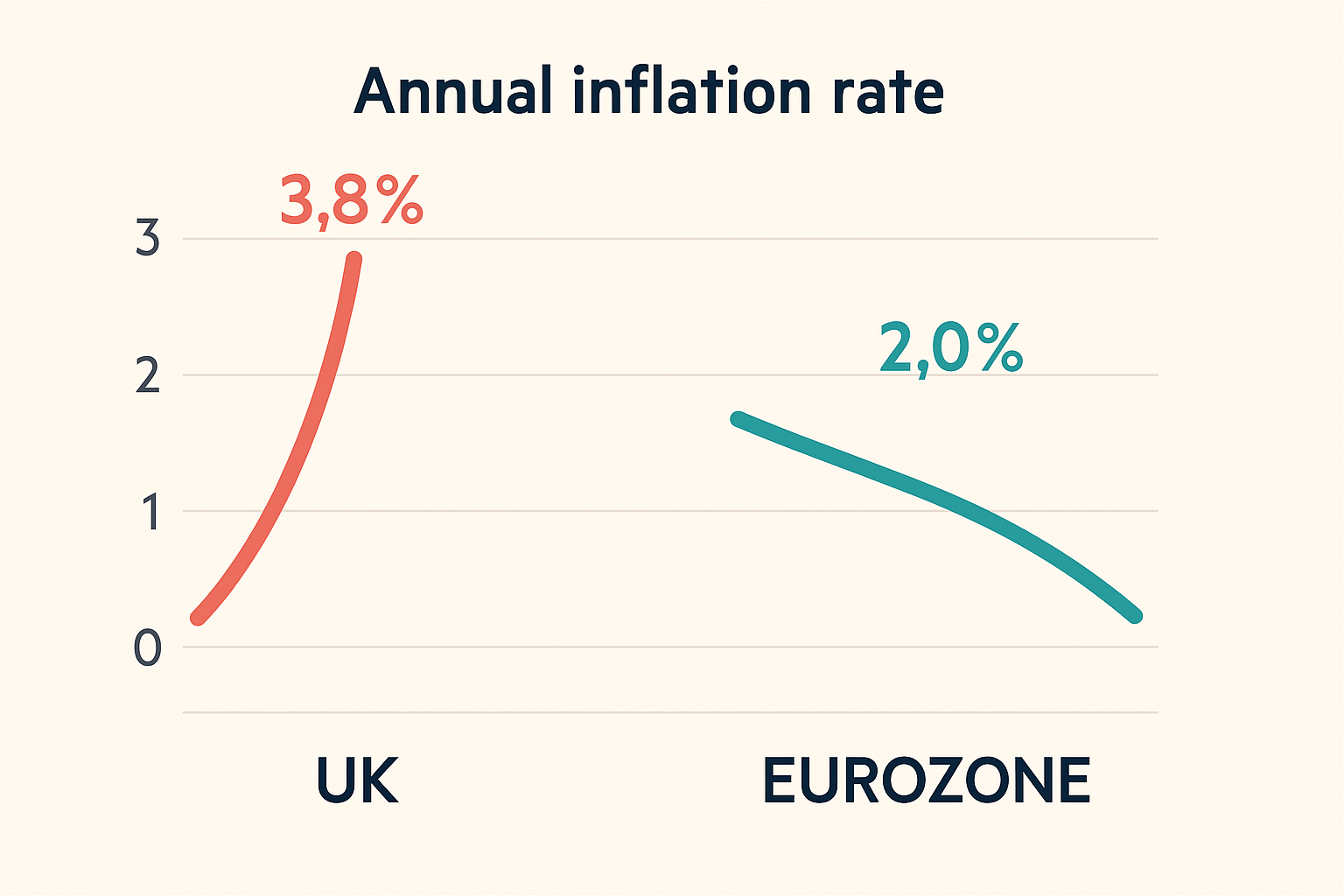Russia has made clear that it will only support security guarantees for Ukraine if it is directly involved in shaping them, a stance that challenges US-led efforts to broker a peace deal and highlights ongoing divisions in negotiations.
Moscow’s Conditions
Foreign minister Sergei Lavrov said on Wednesday that “really secure” guarantees for Ukraine must include Russia and its ally China, alongside the US, UK, and France. He stressed that any attempt to “resolve issues of collective security without Russia won’t work,” dismissing European-led efforts that exclude Moscow as “a road to nowhere.”
Ukraine, however, has long opposed any arrangement that would give Russia the ability to veto or weaken its security, arguing such a role would leave Kyiv vulnerable should Moscow resume hostilities.
Peace Talks and US Involvement
Lavrov’s comments cast doubt on US claims of progress. Over the weekend, Donald Trump’s envoy Steve Witkoff said President Vladimir Putin had agreed in principle to NATO-style guarantees for Ukraine during a meeting in Alaska, calling it a potential “game-changing” concession. Yet Lavrov’s insistence on Russia’s veto suggests Moscow’s position has not shifted.
The Kremlin has also not confirmed US statements that Putin agreed to meet Ukrainian President Volodymyr Zelenskyy, though Lavrov noted Putin had offered to consider elevating the level of delegations in ongoing negotiations.
Points of Division
Talks remain deadlocked over territory. Moscow demands Ukraine relinquish strategically important land it has failed to seize outright, while also calling for neutrality and an end to Kyiv’s bid for NATO membership. Earlier draft agreements from 2022, raised again by Lavrov, included limitations on Ukraine’s armed forces, troop withdrawals from Ukrainian territory, and measures to bolster protections for Russian speakers — all points designed to expand Moscow’s influence.
Putin has since hardened Russia’s stance, now demanding Ukraine withdraw from four partially occupied frontline regions and end Western military support.
European and Ukrainian Positions
European leaders have reiterated their view that Ukraine requires “strong security guarantees that have to focus first and foremost on strengthening the Ukrainian army,” according to an EU official. Technical-level discussions are underway, but no breakthrough has been reached.
Meanwhile, Dmitry Medvedev, deputy chair of Russia’s security council and former president, mocked European proposals, particularly France’s discussions of potentially sending troops under security guarantees. Writing on X, he said: “It’s been explicitly stated: NO NATO troops as peacekeepers. Russia won’t accept such a ‘security guarantee’.”
Outlook
While Russia and Ukraine have recently engaged in prisoner exchanges during Istanbul talks, broader peace negotiations remain stalled. With Moscow demanding concessions Kyiv views as unacceptable, and the West pushing for stronger support of Ukraine’s sovereignty, the gap between the two sides shows little sign of narrowing.








